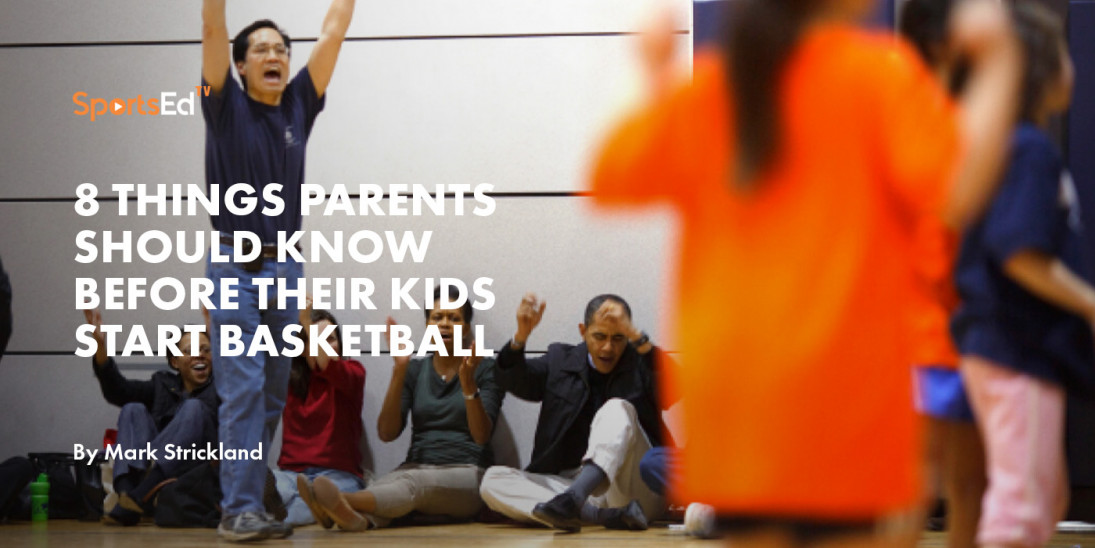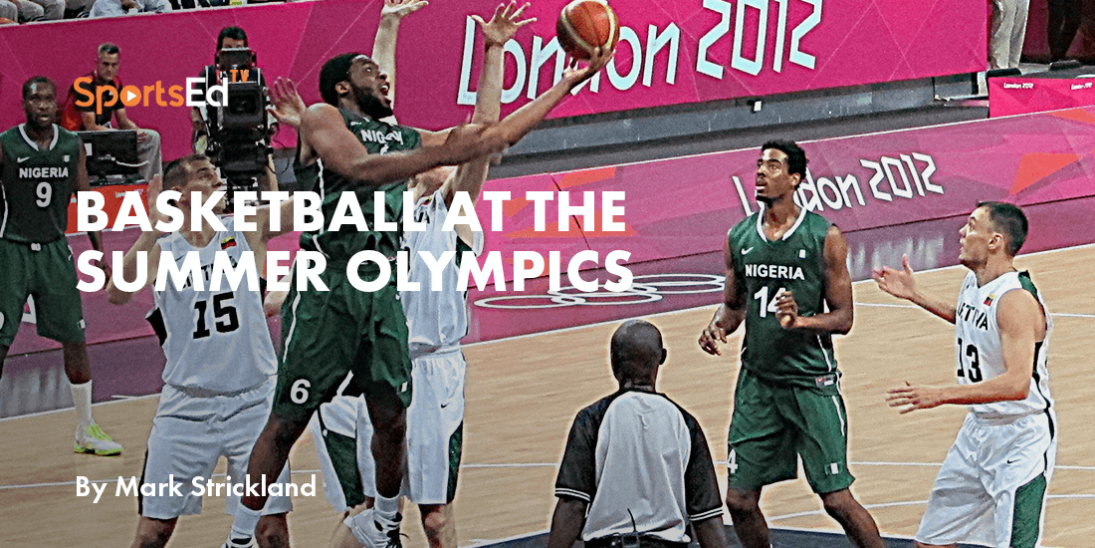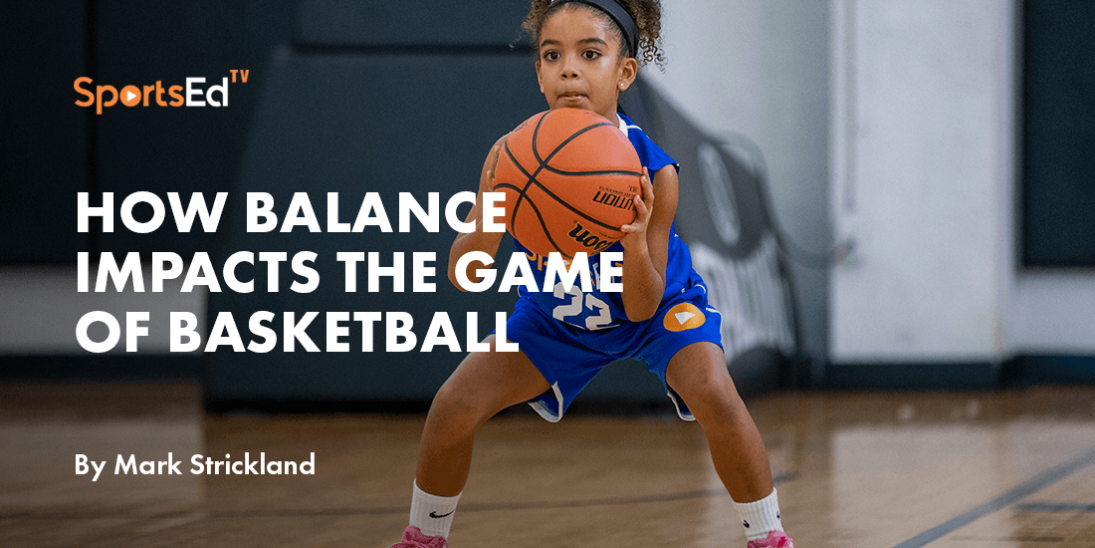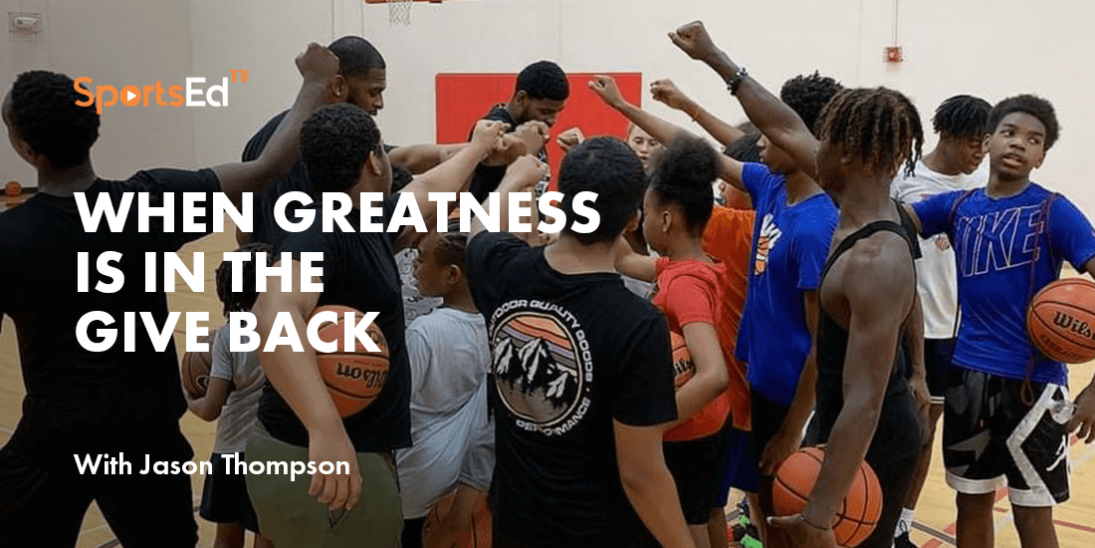Basketball
Welcome and thanks for visiting...

Udonis Haslem: The NBA Basketball Player, the Mentor, and the Businessman
SportsEdTV Basketball is committed to bringing athletes, coaches, and parents pro-level basketball education videos for FREE. All levels, anywhere, anytime. Check out our full instructional library and sign up to join our basketball community!
Udonis Haslem, the longest tenured player in Miami Heat history at 18 years, joined SportsEdTV Basketball’s Mark Strickland and Jaki Goldner, to discuss the lessons basketball has brought throughout his career.
SportsEdTV: Yo, man, I just want to thank you for coming on, man. I appreciate it. I know you're busy. Was up and now, bro. So I appreciate it, man. I really do.
Udonis Haslem: Oh for sure, brother, you got to get to the airport every day. Appreciate it. Yeah, you know the routine. But I'm here, bro. You know, you know the rules.
SportsEdTV: I mean, I'm gonna get started off, man. Ok, first question, man, I want to ask you about the expectations of the team this year. You know, everybody is kind of getting better in the east. Two years ago, in the bubble, you guys made it to the finals, which is great. Last year, I think injuries and that kind of thing, I'm pretty sure that wasn't the year you guys wanted. So I just wanted to get your take on what the expectations are coming up for this season.
Udonis Haslem: I mean, we're supposed to be one of the top east this year, you know? So, you know, as a group, collectively, we have expectations of being on the top four teams in the East. We stay healthy. And then when you get into the playoffs, you know how it is. It's going to dog you in a seven game series and you know, you lock in the room and you see you want to come out. So we like our chances and all those type of situations. But we just got to get their first one game at a time.
SportsEdTV: Hi, I'm Jaki. I work alongside Mark. I have a few questions as well, but I love that response, a very even keeled response. You know, you obviously have been through this before. So talk about your role, your OG role on the team and how you know what your role is, keeping that Miami Heat culture alive and consistent throughout all these years.
Udonis Haslem: I think a lot of people really don't understand my role and how hard it is to maintain this role. You know, I'm representing the past. I'm representing Mark Strickland's and the Alonzo Mourning and in Austin and the grand long. And then the list goes on sort of ways in the bonds and all those guys and Brian grants. I mean, I represent those guys. I hold a standard for those guys. And until I pass that torch, I'm saying I've got to hold it down for the past, the present and the future. You know what I mean? And that's all coming from a guy who's not getting very many minutes. So for me, we are able to hold that standing for those guys to respect. I got to work even harder. And I mean, all off the basketball outside of basketball, it's easy to show the practice. Coach blows the whistle and you give it all you got for two hours and go home. That's easy. That's the least. That's the least. That's that's just that's just the start. You know what I'm saying? I'm in the gym at seven o'clock. I'm saying I didn't hit the weight room and I got all my work this way and got pregnant at 11. So for me to be able to hold this standard and for these guys to respect me, I got to put in the work and they got to see the body of work because they're not going to see it on a basketball court. But I'm not going to play anymore as much as I used to. So I got to work. I got to. Look, again, I've got to get going in practice, they've got to be able to compete and everything I say, I got to be able to do. I'm not a guy that's going to yell and throw stuff on the set of standards.
SportsEdTV: Yeah, would you? Would you find yourself leading more by your actions or more by your words with some of the younger guys?
Udonis Haslem: It's a little bit of both. It's a little bit of both. I think one thing we've done is we've done a great job of bringing in hard working young fellows that are very receptive to the things that I have to give for me. Still having that passion, I still have a game to give, you know what I'm saying? That's what gives me value. You know what I mean? You still have a game to give and still have a new passion at 41 years old. That's what we have the passion for. I watch them and I watch these young guys that dunk and you guys who have been around for so long and I watch these guys careers continue to grasp, blossom and grow. And you know, those are my morals. Those are the victories that I get when I watch those guys grow into players. When I watch those guys making more money than I ever made. But just to know that I had a part to do with that process and those guys listen to me. I help build those guys' careers. And now those guys can take their families for the rest of their lives. And for me, that's enough.
SportsEdTV: Absolutely, absolutely. How would you describe playing your entire career in Florida?
Udonis Haslem: Blessing. Yeah, yeah. It's a gift. It's a gift. And it's been a curse. You know, I've had to grow up. I've had to grow up. I had to be responsible, I had to be accountable. And I think people laugh and they joke, they don't really understand it. But I think if you apply, keep coaching and Mark knows what I'm talking about. If you apply the discipline of heat coaching and your actual lifestyle, it works. You know what I mean, you know, so for me, a lot of things that I've learned here in this locker room in this organization. And one thing we say we ain't for everybody is not for everybody. Everybody can live with that kind of discipline. Everybody can't live with those kinds of expectations and that kind of work ethic every day. But if you can't get past that and apply those skills and that mindset in the business world or any field, it works. So for me, just buying into that coaching and just continuing to apply it, not just in basketball, but in business, you know, in life, you know what I'm saying? Just stay ready so you don't get ready, just as simple as things like that and you apply that in life and you'll be surprised how far you get because the human condition is not to get up every day and work on the human condition is to take the easy way. The human condition is to blame somebody else and not be accountable. That is the human condition. So if you can build a habit of going against that and you put yourself in a pretty good position to be successful and healthy?
SportsEdTV: You've been definitely giving us a lot of lessons that you've learned along the way. You could think of a few more different ones for this next question. But are there any key pointers that you have or morals that basketball taught you? But more so when in your career did you pick those up? So is it something that happened to you where you had a great realization? Maybe you had an experience early on in your playing career? When do you kind of look back at your career, hen were some of those influential times?
Udonis Haslem: The era of the Big Three was very influential for me because that era was when I really learned to enjoy other people's success. You know, it was very difficult on that team just because, you know, the Big Three was going to pull, you know, they were going to get. All of us around those guys, we would call ourselves the little 12, we joke about it. We're kind of interchangeable and different on different nights. You didn't know what your business was going to be or if you were going to get minutes sometimes. And that's hard for a basketball player. What I'm saying, not knowing what. We get minutes being thrown in there in the second round of the Eastern Conference finals or whatever it is, not knowing whatever you didn't even play the series before. And guess what? The media don't care. The fans don't care. Nobody feels bad for you. There's expectations to get it done. So for me, understanding how to enjoy other people's success and understanding how to focus on the thing that you can't control in this league, it'll be way more happy. You'll be way more fulfilled with your career because majority of this league and majority of your career and feel the things that you can't control if you let those things affect you to the point where you can't do your job and you can't even get to the point where you can't enjoy someone else's success because the coach didn't play you. That has nothing to do with you. The coach is going to do what he wants to do or what he feels like he needs to do, and that has nothing to do with you. So you have to learn to enjoy other people's success. I think when we had a little 12. Ginger. So on a whole nother level, because up until then, everybody that came together on that team was pretty much about them before they came. You know what I'm saying before those guys came was pretty much just about me anyway. You know what I'm saying? So everybody had to give up a little piece of the pie man, and it was tough. You know what I'm saying? Because it's not a selfish thing, but it's who you are. It's how you got to where you are. You built that character. You're the alpha male. So you had to kind of understand the pivot off that a little bit and understand the benefits. If you can't pivot off that a little bit. Hmm.
SportsEdTV: I love that. What's the key to longevity, man?
Udonis Haslem: Oh, man, you know what? Every summer, every summer, I take it, I take time, I reflect, and before my father passed me and my father, you should sit down and talk about it. And, you know, different ways we kind of want to walk away from it and the things we plan to do and certain goals that we had. But every year there's a new kid that comes in, there's a new Udonis Haslem. Every year there's another Udonis Haslem. And I just remember being that kid, bro. It wasn't that long ago, man. I remember being that kid man really to run through a brick wall for your opportunity. I remember being that kid where someone reached out his hand and extended me an olive branch and said, Let me show you how to do this. I remember that kid. Mark Strickland, when I first met you. You know what I'm saying? I remember when I played against you in Europe before I got back. So I remember still, I still remember being that kid. You know what I'm saying? So when these kids walked in the door, man, I'm not very far removed from where they are. And where are they trying to get damn how much? She says, I game, I'm still that kid and I still know what that feels like.
SportsEdTV: Mark my last question. You always ask this to all players because I get it all the time. What are three things that you would say to a young player trying to become a professional athlete? And I say professional athletes, not just basketball. I get, you know, a bunch of parents calling me on what to do. I just want to know what are the three things you may tell a person who's trying to fulfill that professional role? I mean, for their professional career.
Udonis Haslem: Basketball is a game, and I think when I've had the most success out of this game is when I. It's not made in my life, and when I say that, I say that family. Got so many other things that are so much more important than basketball. I kind of realized that and kind of took that weight off my shoulder just a little bit. I was able to enjoy the game so much more than I was able to play better. You know what I mean? It was just so much weight man coming from where I came from and being an underdog and always having that mentality carrying that chip on your shoulder. You know, you kind of forget to enjoy it a little bit. You kind of enjoy it and kind of forget to enjoy it. So I had one thing I would say is I enjoy this process. So all of the good, the bad, the ugly. Don't forget to enjoy it because it's going to be a part of your story Monday. Second thing I would say about these people to these guys, man, we all have one trade, one injury and one coach away from being a world player, all being out of the league. Is no doubt you want injury, one tree and you one coach away from being a role player, all star and out of the chute, you know what I'm saying? We get to. Don't ever get too high and never get too low young fella. You could be an all star one team to get. You can be an all star on one team and get traded to a team and a coach. He doesn't view you like that. You don't see you as that player. Now your role has changed and it can be just that fast. So you got to understand how these guys work out here, man. As far as humbling yourself, man and and just understand the business aspect of it, man. And the next thing I would say, man, is don't wait till your thirties to pivot into something besides basketball. And what I'm saying, and that's not to say spend money or anything, but start educating yourself on all the things that you might want to do, man that you might want to be investing in. I waited till I got hurt. I'm saying I told my third, fourth and fifth metatarsal which my list frank joint. And at that time, I had never heard of that and you didn't know what to do. And that's when I really started studying business. And, you know, fortunately, my business has flourished, but it shouldn't have to take an injury for me to get to that point. So I would say I would tell these young guys and I even point out to the young guys now, man, bam and all these young guys, I tell them, if I have a business call, I'll tell them, Man, just listen. You don't say anything. Put it on mute and just listen and just listen to my call. Listen to me, talk to them, listen to how they talk to me, and just start saying, Get your wheels turning on things like that. Yeah. Good advice will be the three things, man. Those are be the three things that I would tell those guys
SportsEdTV: Great answers, man. Those are things that we hadn't heard before. Mostly, it's about basketball stuff, and at least you you kind of gave me an answer that was way past basketball. So I think that's why you've been playing for the heat for so long. And I think your person, like John Chaney, used to say to me, You see past the nose. And I think every person courtside, you can tell me that that's why he liked me and we had so many companies like Strickland. You'll got to see passion. Those you got to see passion pass. What's going on right now? So man, I commend you, man, and keep doing your thing, man. I love this city. I appreciate this city embracing me because I'm from Atlanta. I've been here for years and I will continue to give back to this city and my city, man. So thank you for coming on and I appreciate it and good luck this season. Stay safe. Stay healthy.




